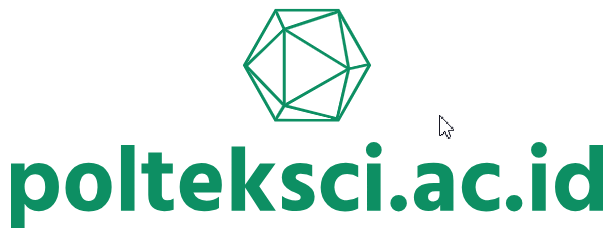Hello foodies and tech enthusiasts! Are you ready to take your food business to the next level with the power of technology? In today’s competitive market, having a reliable and efficient Food ERP (Enterprise Resource Planning) system is essential for success. Let’s dive into the world of food ERP and explore how it can revolutionize the way you run your food business.
Introduction to Food ERP
Food ERP is a comprehensive software solution designed specifically for the food industry. It integrates all key business processes like inventory management, production planning, quality control, sales, and distribution into a single system. By streamlining these operations, food ERP helps businesses improve efficiency, reduce costs, and enhance overall productivity. With features like traceability, compliance management, and real-time reporting, food ERP is a game-changer for food businesses of all sizes.
🍽️ What makes food ERP stand out from generic ERP systems is its specialized functionalities tailored to the unique needs of the food industry. From managing perishable inventory to tracking regulatory compliance, food ERP addresses the specific challenges faced by food businesses.
Implementing a food ERP system can have a transformative impact on your business. By automating manual tasks, eliminating data silos, and providing real-time insights, food ERP empowers you to make informed decisions and drive growth.
🔍 Are you ready to take your food business to new heights with food ERP? Let’s explore the benefits and advantages it offers.
The Advantages of Food ERP
1. Improved Inventory Management: With food ERP, you can track and manage your inventory in real-time, ensuring optimal stock levels and reducing wastage.
2. Enhanced Traceability: Traceability is crucial in the food industry to ensure food safety and quality. Food ERP enables you to track products from farm to fork, ensuring compliance with regulations.
3. Streamlined Production Planning: Food ERP helps you optimize your production processes, reduce lead times, and improve overall efficiency in your operations.
4. Compliance Management: Staying compliant with food regulations is essential for food businesses. Food ERP systems come equipped with built-in tools to help you meet regulatory requirements effortlessly.
5. Enhanced Quality Control: By centralizing quality control processes in a food ERP system, you can uphold the highest standards of quality and consistency in your products.
6. Real-Time Reporting: With food ERP, you can access real-time data and insights to make informed decisions quickly and effectively.
7. Cost Savings: By optimizing processes, reducing waste, and improving efficiency, food ERP helps you save costs and increase profitability in the long run.
FAQs About Food ERP
1. What is the role of food ERP in inventory management?
Food ERP plays a crucial role in inventory management by providing real-time visibility into stock levels, tracking expiry dates, and optimizing replenishment processes.
2. How does food ERP ensure compliance with food regulations?
Food ERP systems come equipped with compliance management tools that help you track and adhere to food regulations, certifications, and standards.
3. Can food ERP help in reducing operational costs?
Yes, by streamlining operations, automating processes, and providing real-time insights, food ERP helps in reducing operational costs and improving profitability.
4. What are the key features of a food ERP system?
Key features of food ERP include inventory management, production planning, quality control, compliance management, real-time reporting, and more.
5. How can food ERP enhance traceability in the food supply chain?
Food ERP enables you to track products at every stage of the supply chain, from sourcing raw materials to delivering finished goods, ensuring complete traceability.
6. Is food ERP suitable for small food businesses?
Yes, food ERP systems are scalable and customizable to meet the needs of small food businesses, helping them streamline operations and drive growth.
7. How can I choose the right food ERP system for my business?
When choosing a food ERP system, consider factors like your business size, industry-specific requirements, scalability, integration capabilities, and vendor support.
Conclusion
In conclusion, food ERP is not just a software system but a strategic tool that can transform your food business. By harnessing the power of technology, you can streamline operations, improve efficiency, and drive growth in your food business. Take the first step towards success by implementing a food ERP system today!
🚀 Are you ready to revolutionize your food business with food ERP? Don’t wait any longer – take action now and unlock the full potential of your business!
 ERP Technology Latest ERP Technology Information News
ERP Technology Latest ERP Technology Information News